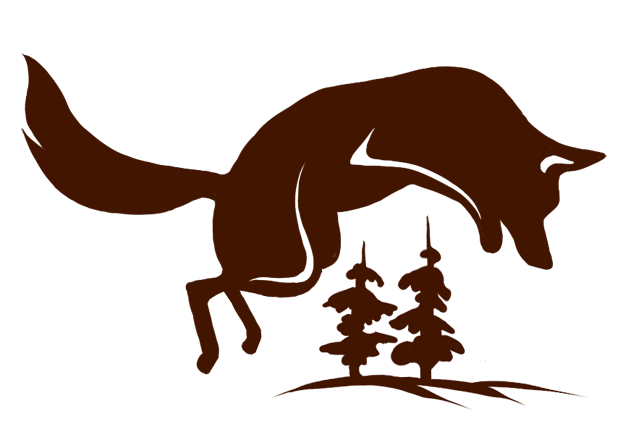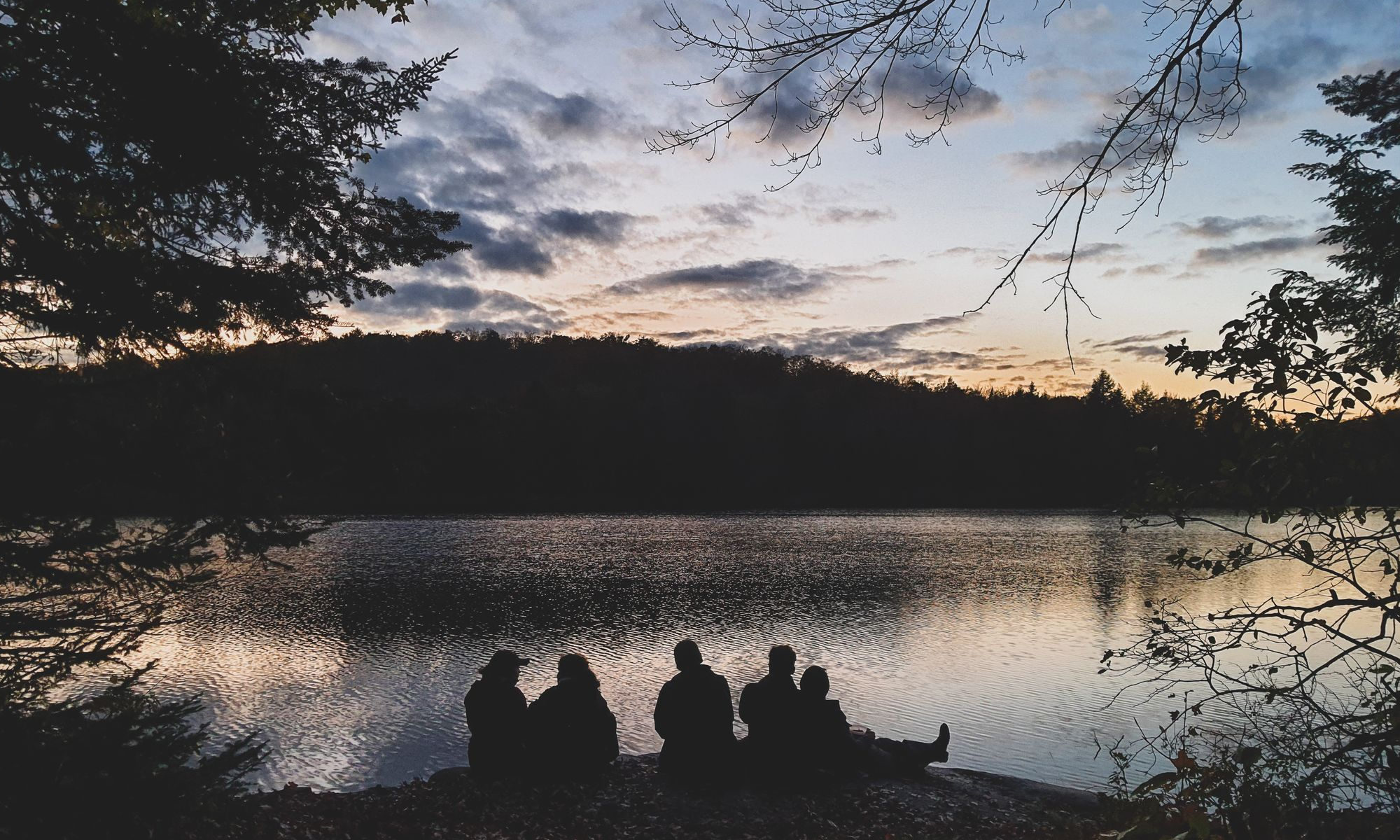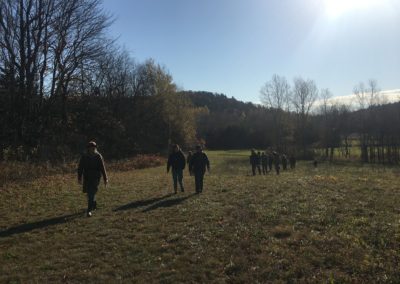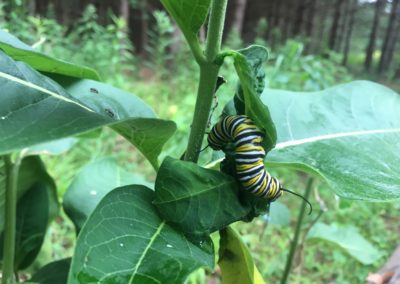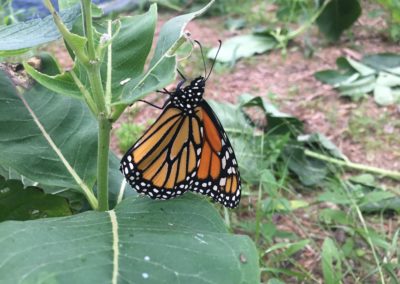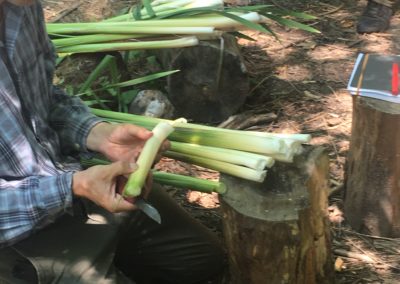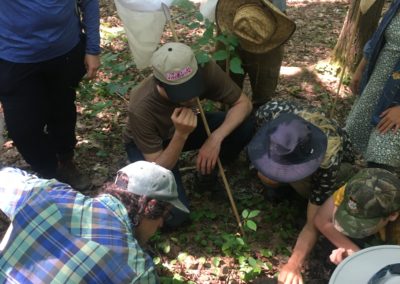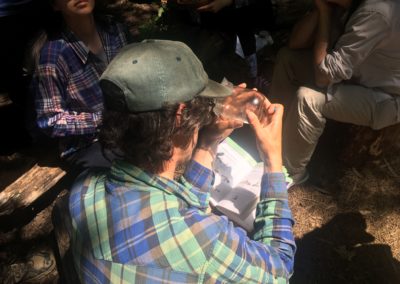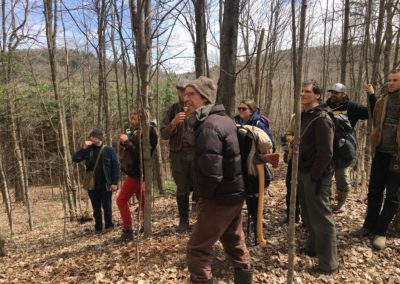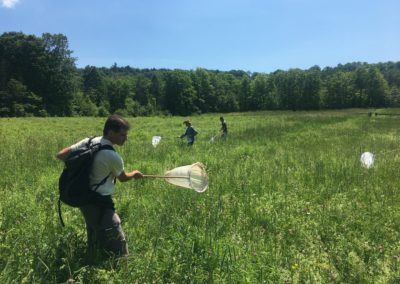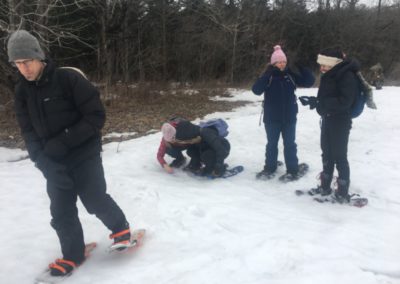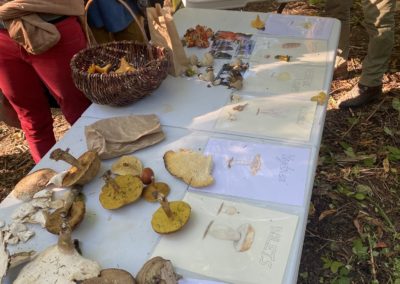This is a 7 month program that gathers one weekend a month. Each weekend has a focused theme that we will dive into. There will no doubt be themes that cross over, and other local natural phenomena that will be explored. We will use didactic teaching as well as other teaching styles to engage our senses, and deepen our understanding in creative ways.
Teachers:
Schedule & Location(s):
The program will take place from Saturday 9am to Sunday 2pm on the following dates:
Sign up for the whole program, or come as a drop in participant!
March 18th & 19th: Wildlife Tracking
The art and science of mammal tracking in winter. Learn clear print ID, gait interpretation, track aging, mammal ecology and so much more!
April 15th & 16th: Trees & Bird Language
Hone your tree knowledge by studying tree identification without leaves. Learn about their medicines and foods, and how they interact with the other species around them.
Learn the 5 voices of the birds, and start getting acquainted with the messages they are sharing around us.
May 27th & 28th: May: Amphibians, reptiles, spring ephemerals & more birds!
Listen to the sounds of birds and frogs, and witness the sprouting spring ephemerals.
We will learn the local amphibian and reptile species and explore the swamps and wet areas.
We will also study bird life history, ID and habitat as well as do a bird sit and mapping exercise.
June 15th & 16th: Insects & Ecological relationships
We will learn the big families and ecology of various insect families, and use nets to gather and examine them.
We will also spend time exploring the dynamic relationships between insects, habitats, and the various species we are encountering.
July 15th & 16th: Summer Plants + Trees
We will tour many different habitats and explore the diversity of plant life around us: Hardwood, coniferous understory, dry landscapes, to river edges and marsh. From flower parts and botanical characteristics to medicinal and utilitarian uses.
September 16th & 17th: Mushrooms, mosses and lichen
We will learn the big families, gather, and likely find some to safely eat! Appreciate their diversity, their role and the surprising stories that they tell.
October 21st & 22nd: Exam and presentations
An engaging and fun field exam. Students who have signed up for the whole program will share a short presentation on a chosen topic.
(This session is NOT available to “Drop ins”) ***
Location:
On a friends’ private property 7 minutes from Montebello in Papineauville. The land has 400 acres and includes various ecosystems that offer unique learning opportunities. There is acces to a river, a spring fed stream, hardwood forests, conifer forests, fields, an old quarry, swamps, and mountains.
*** Coyote Programs will not provide transportation and participants are therefore responsible for getting on the various locations of the program.
Price:
1155$ + tx for the full program
175$ + tx per drop in session
It is possible to pay in multiple installments through our registration platform.
We will send a welcome email with all the information 1 week before the program starts. We will also send you a link to organize carpooling.
Presence of children:
Parents are expected to take full responsibility for their kids knowing that the content is geared towards an adult audience. Let us know you will be signing up with your child, as spaces are limited. In the past this has been a very rewarding experience for families, though occasionally a little distracting for the parent. We trust your judgment in making the decision.
Do not hesitate to contact us if you have any questions.
What are the camping conditions like?
What’s October all about?
- Describing the ecology of muskrat dens
- Presenting a certain kind of mushroom
- Discussing an experiment you conducted on the way tracks age
- Talking about your attempts to sneak up and touch a deer
- Analyzing the results of bird observations at your bird feeder
- etc.
Click here to register!
(Scroll down to choose the drop-in option)
